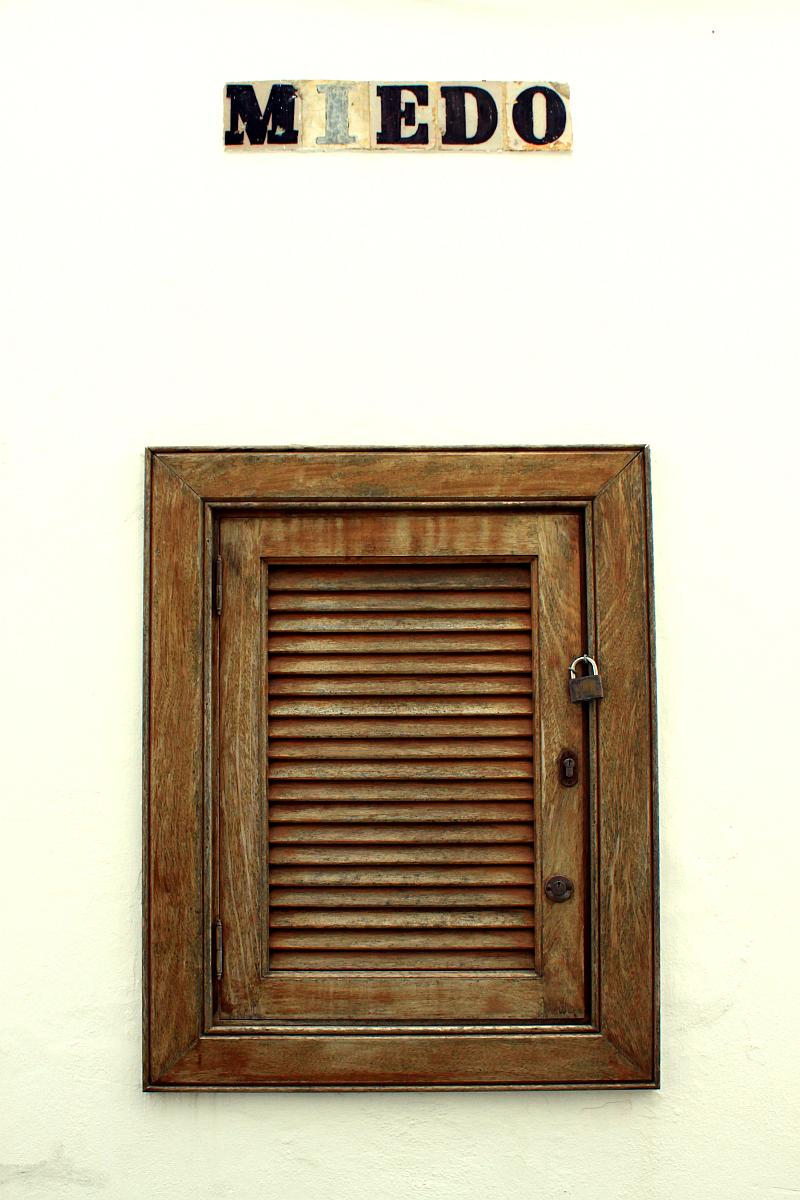Four years after the fall of Granada plus the reunification of Christian Spain, the Catholic monarchs could now commemorate one of the nation’s first imperial exploits – the subjugation in only 94 several years of a Atlantic that is small archipelago by Neolithic tribes. However, the Spaniards had some difficulty in fully controlling the Guanches. Many declined to settle within the towns established by the colonists, preferring to live their conventional everyday lives out of reach associated with authorities.
 However, the Guanches were destined to disappear. Although available hostilities had ceased, the conquistadors continued shipping them as slaves to Spain. Staying Guanches were converted en masse to Christianity, taking on Christian names as well as the surnames of the new godfathers that are spanish.
However, the Guanches were destined to disappear. Although available hostilities had ceased, the conquistadors continued shipping them as slaves to Spain. Staying Guanches were converted en masse to Christianity, taking on Christian names as well as the surnames of the new godfathers that are spanish.
Some of the slaves is permitted and freed to go back to the islands. Even though majority of them had been dispossessed of the land, they soon started initially to absorb using the colonisers. All that comes down to us today are the islands’ many Guanche place names within a century, their language had all but disappeared: except for a handful of words.
Through the very early 16th century, Gran Canaria and Tenerife in specific attracted a steady blast of settlers from Spain, Portugal, France, Italy as well as Britain. Each area had its own regional authority, or cabildo insular, although increasingly they certainly were overshadowed by the Royal Court of Appeal, established in Las Palmas in 1526. Glucose cane was introduced from the Portuguese area of Madeira, and quickly sugar became the Canaries’ main export.
To understand about actualidad canaria and periodico digital el el hierro, go to our site sucesos el hierro.
Juan Lorenzo Campos Pineda, the Red Cross’ present president into the Las Palmas province, is also worried about the rapid emergence of a impoverished middle income: “We now have previous donors seeking our help.”
In his forty years collaborating utilizing the Red Cross, Campos Pineda says he has never ever seen anything remotely just like what’s occurring to the population that is local. “Just several days ago,” he recounts in his office, “in a school that is nearby a kid fainted. Whenever asked what was wrong with him, the kid stated that it was their brother’s turn to eat.”
Many people consider the Red Cross’ humanitarian activities as occurring abroad, the reality is that, in Spain, 80 percent of its resources are dedicated to spaniards that are assisting. The organization’s focus on looking after the country’s very own populace has surged since 2008. Already this year, demands for support have jumped 86 percent.
Besides circulating food, the Red Cross is helping impoverished Canarians with ‘school kits’ containing notebooks and pencils, detergent and individual care things, meals vouchers, shelter for the homeless, as well as cash to cover water and electricity invoices. “If there was need, our company is there,” states Campos Pineda.